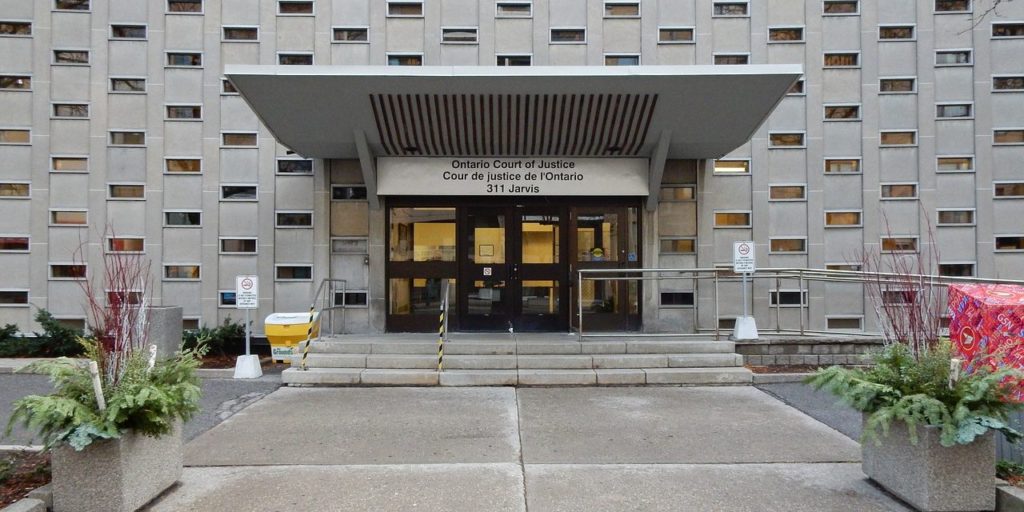- Lifetime licence bans are needed to fight drinking and driving - January 6, 2021
- Tinted windows in automobiles: are they permitted in Ontario? - August 7, 2020
- Recent cycling deaths point to a need to make roads safer - July 27, 2020
Drivers at fault for crashes that kill should have to face the victim’s family in court, Toronto critical injury lawyer Patrick Brown tells Global News.
Brown, partner with McLeish Orlando LLP, spoke with the channel as part of an investigation into the way the legal system deals with pedestrian and cyclist deaths in road traffic crashes.
While the justice system currently focuses on small fines Brown says he would like to see the creation of greater penalties like community service and licence suspension if a vulnerable road user is injured or killed as well as a requirement that those convicted come to court to hear the thoughts of the victims’ surviving family members
More meaningful
Such an approach could be more meaningful for all parties than a jail sentence or fine, he adds.
“I do think it’s therapeutic, perhaps, to the offender that they’re put to more responsibility for their actions. Community hours, licence suspensions or being in the courtroom to listen to the family as to what happened,” Brown says.
In one recent case cited by Global, the family of an elderly woman killed while crossing the street delivered a victim impact statement in the absence of the defendant after the judge ruled she didn’t have to appear.
Brown told the station that having the defendant skip court in situations like that one can be devastating to families.
‘Extremely draining
“They put so much time, and so much emotion, and so much energy into it,” he says. “They’re trying to put something on paper about the person, and it’s extremely draining to them.”
In fact, the law as it stands may not even require judges to allow the statements to be read out, Brown notes.
“Right now, there’s no particular section that says you’re entitled to a victim impact statement for these types of offences,” he says. “I don’t know what would happen if (the defence) overtly said ‘We don’t want one.’”
Brown says Canadian jurisdictions should take a look at Oregon’s ‘vulnerable road user law’ as an example of how to do things right in this area.
The state imposes fines, hundreds of hours of community service, licence suspension and driver education on those at-fault in crashes that kill anyone. Drivers must go before a judge within a year of their sentencing to demonstrate their compliance or the licence suspension continues.

